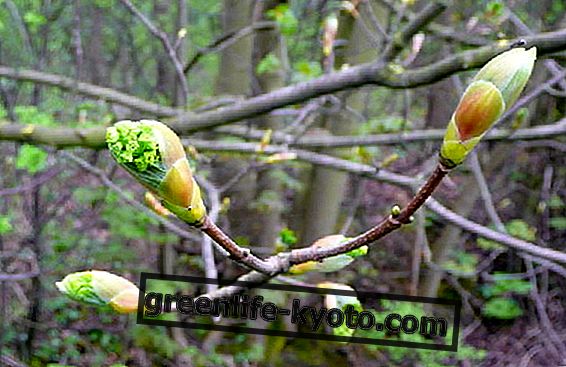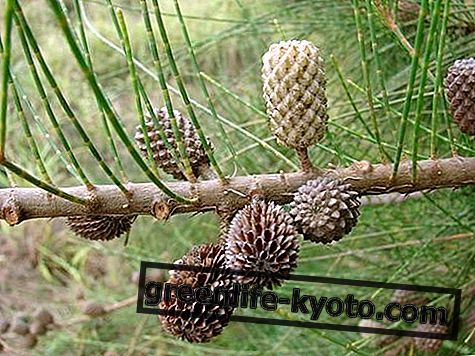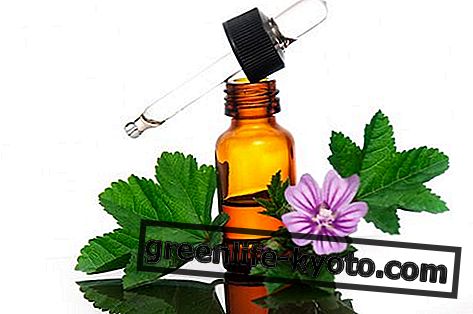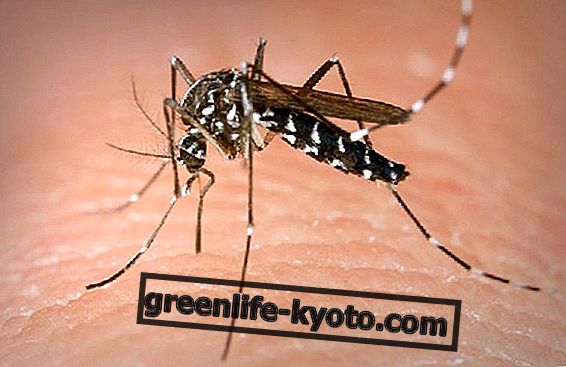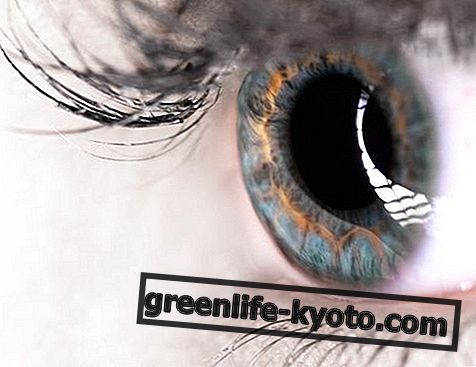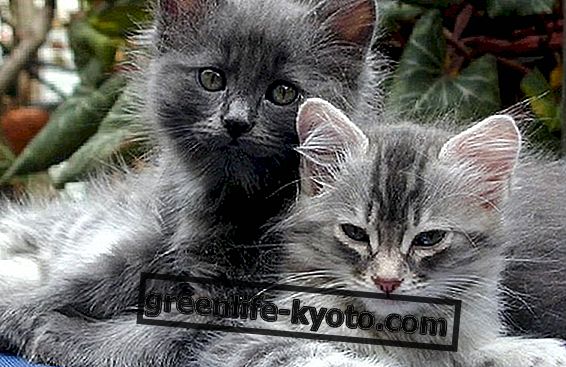
The acerola is the fruit of a shrub or a small tree called Malpighia emarginata originating in Central America and the tropical belt; it is very similar to a cherry, so much so that it is called "the cherry of the Antilles " with a sweet and at the same time acidulous taste due to the presence of vitamin C.
The properties of the acerola are manifold thanks to its richness in active principles (bioflavonoids and tannins) and nutritional substances; it contains, in addition to vitamin C, a high percentage of vitamin A, B vitamins and mineral salts such as iron, calcium, potassium and magnesium in particular.
The acerola was used in its native lands against anemia and scholars then saw how its active ingredients were able to help the growth and good development of the bacterial flora thanks to the stimulation of a greater production of folic acid and better iron absorption.
This activity helps against vitamin deficiencies and therefore also in cases of fatigue or fatigue, especially in children and the elderly.
It also stimulates the immune system and becomes an excellent ally against the flu, the cold, rhinitis and all respiratory tract infections.
The acerola against the flu
The acerola contains 30 to 50 times the vitamin C present in citrus fruits . In the ranking of the major fruits containing vitamin C it is second only to the camu camu, while as regards its antioxidant power it is the first on the list because it is more bioavailable as an absorption than the other fruits.
This richness in vitamin C allows it to become one of the best anti-flu products and remedies for stagional illnesses ; in fact the action of vitamin C on the immune system and on its help to fight free radicals is well known.
Usually it is not possible to consume it fresh for those who live in the places where the plant grows and find 100% fresh acerola juice.
In Italy it is sold in capsules, tablets or in extracts to be solubilized in water . The powder is obtained from the acerola cherry which is dried and subsequently made into a powder.
Vitamin C is usually extracted directly from the fruit and then added to herbal and herbal remedies for the main purpose of helping the immune system.
Let's discover vitamin C and the benefits it has on our body.
Grumichana, the Brazilian cherry, is also a fruit rich in vitamin C

Vitamin C
Our body needs different essential nutrients, including vitamins. In particular, vitamin C is a vitamin that the body cannot self-produce, therefore it needs to be inserted and absorbed through diet foods.
Vitamin C is water-soluble and if exposed to light and air it quickly oxidizes, thus dispersing its beneficial properties. Furthermore, it is thermolabile therefore during the cooking of a food starting from 40 ° C we will begin to degrade the enzymes that serve for a better assimilation, also dispersing the precious vitamin C.
In the human body, vitamin C contributes to innumerable activities:
- Combats free radicals and reduces cellular aging thanks to its antioxidant action;
- improves the response of the immune system thanks to the stimulation of phagocytosis of white blood cells and allows faster healing;
- lowers the production of cortisol helping to control stress ;
- stimulates the production of collagen and elastin thus keeping the skin healthier and younger;
- helps to better absorb other substances and nutritional elements such as iron and other mineral salts;
- improves blood circulation and helps repair capillaries.
Vitamin C warnings and label reading
According to one of the latest studies by a group of scientists at the University of Pennsylvania in Philadelphia, the difference between chemical synthesis vitamin C and the vitamin extracted directly from fruit and vegetables was evaluated.
The isolated vitamin C did not give the same total beneficial effects and it seems that in high quantities the body is not able to dispose of it with the risk of damaging the cellular DNA; the vitamin C extracted from the vegetables, on the other hand, is in a non-isolated form but in a complex of several substances that in synergy bring their benefits to the body: in fact we find the vitamin C 1 and C 2 and this second vitamin serves precisely to better absorb the previous one.
This distinction is important above all in the choice of the products to be purchased: in the labels "vitamin C" can be indicated meaning also the isolated one, while, if it is specified "extracted from" with the name of the vegetable, it is assured that vitamin C is together to the phytocomplex of this vegetable.
Another caution in reading the label is to look for the wording "only natural vitamin C" since in some products is instead added synthetic ascorbic acid which is declared with the name of "vitamin C". A product with more vitamin C is therefore not a guarantee of better quality; on the contrary, ascorbic acid is usually added precisely to induce the customer to think that there is a greater presence of naturally extracted vitamin C.
From the acerola cherry the extracted vitamin C is at most 17% so it cannot be found on the label greater quantities if the product is only acerola.
